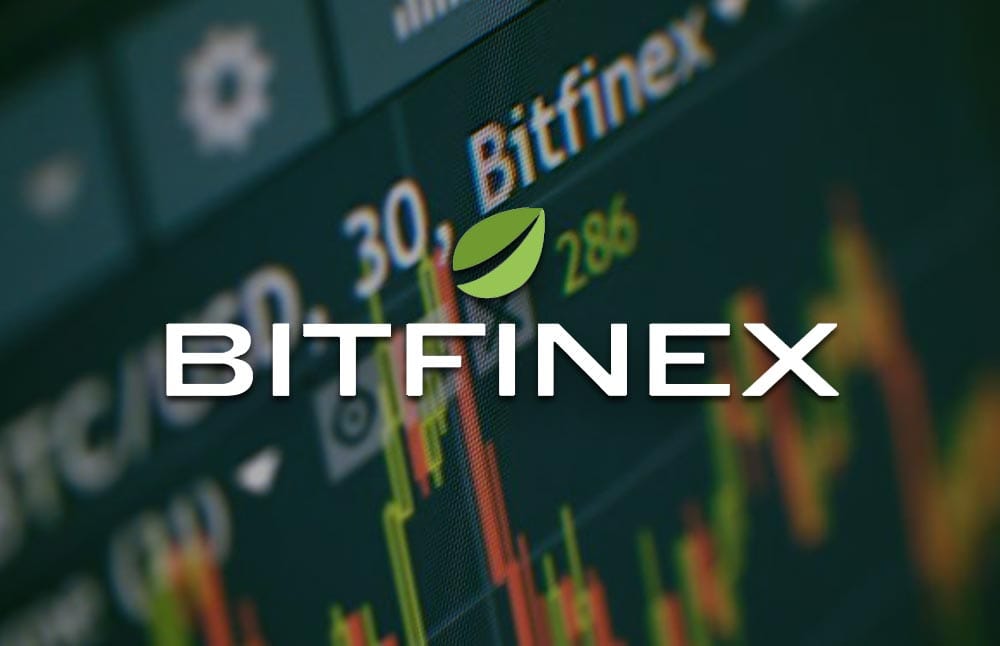Bitfinex Shifts Derivatives Operations to Bitcoin Friendly El Salvador

In a significant move that underscores the growing acceptance of digital assets, Bitfinex Derivatives exchange has announced its relocation to El Salvador, following the acquisition of a Digital Asset Service Provider (DASP) license in the country in 2023. This strategic shift not only marks a new chapter for the company but also highlights El Salvador's emerging role as a hub for cryptocurrency operations.
Bitfinex's derivatives services will now operate under the new entity, Bitfinex Derivatives El Salvador S.A. de C.V. Users are required to accept updated terms of service to continue enjoying the platform's offerings. This transition was announced with a sense of pride and optimism for the future, as Bitfinex expressed on social media, "With this license, we’re proud to relocate Bitfinex Derivatives to El Salvador – a nation leading the charge in building a robust digital economy. This move strengthens our mission to deliver innovative trading solutions, especially to underserved regions in Latin America."
The relocation from the Seychelles to El Salvador is not merely a change of venue but a strategic alignment with a country that has embraced Bitcoin and digital currencies. Bitfinex CTO Paolo Ardoino emphasized the importance of this license, stating that it allows Bitfinex Securities to facilitate both the issuance and the secondary trading of assets under El Salvador's new digital asset regulatory framework. This framework opens up new avenues for capital raising among entities ranging from small companies to national governments, enabling them to engage with investors who are increasingly comfortable with crypto assets and tokenized securities. Ardoino noted that this could tap into a market valued at over $1 trillion, with peaks reaching $3 trillion.
El Salvador's Developing Crypto Sector
El Salvador has positioned itself at the forefront of the global cryptocurrency movement since it became the first nation to adopt Bitcoin as legal tender in 2021. This move was driven by the vision to enhance financial inclusion and integrate digital assets into its economy. The country's progressive stance has attracted considerable interest from cryptocurrency businesses and investors eager to explore and expand in this developing market.
However, the journey has not been without its challenges. In mid-December 2024, El Salvador agreed with the International Monetary Fund (IMF) on terms that might curb some Bitcoin activities. This agreement paves the way for El Salvador to secure a $1.4 billion loan through the IMF’s Extended Fund Facility. Additional financial support from the World Bank and other regional banks is expected, swelling the total financial package to over $3.5 billion. While this financial influx is significant, it comes with conditions that could potentially temper the country's cryptocurrency ambitions, at least domestically.

